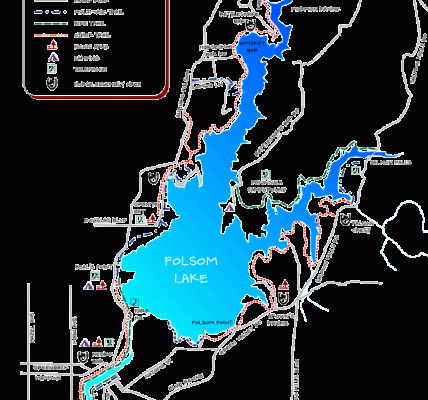Scuba diving, a captivating underwater adventure, often sparks curiosity about its effects on the human body. One common question that surfaces is whether diving increases flatulence. While it’s a slightly embarrassing topic, understanding the science behind it can ease anxieties and prepare you for your next dive. Let’s dive into the factors that contribute to gas production during and after scuba diving and separate fact from fiction.
The Science Behind Gas and Diving
Understanding the relationship between pressure and gas volume is key. Boyle’s Law plays a significant role in how our bodies handle gas underwater.
Boyle’s Law and Your Gut
Boyle’s Law states that the volume of a gas is inversely proportional to the pressure surrounding it. This means that as you descend underwater and the pressure increases, the gas inside your body, including your intestines, compresses. Conversely, as you ascend and the pressure decreases, the gas expands.
Fact: Divers often experience increased flatulence after a dive due to the expansion of gas in their intestines during ascent.
Factors Contributing to Flatulence During Diving
Several factors can influence the amount of gas produced and experienced while diving. These range from dietary choices to the type of equipment used.
- Diet: Certain foods, such as beans, broccoli, and carbonated drinks, are known to produce more gas in the digestive system.
- Swallowing Air: Divers can inadvertently swallow air while breathing through their regulators, especially if they are nervous or inexperienced.
- Decompression Sickness (DCS): While not directly causing flatulence, DCS can involve gas bubbles forming in the body, which may sometimes manifest as abdominal discomfort.
Minimizing Gas Production and Discomfort
While some gas production is unavoidable, there are steps you can take to minimize discomfort during and after your dives.
Tips for a More Comfortable Dive
Here’s a table summarizing some practical tips to reduce gas and discomfort during scuba diving:
| Tip | Description |
|---|---|
| Avoid Gas-Producing Foods | Limit consumption of beans, broccoli, carbonated drinks, and other foods known to increase gas production before diving. |
| Eat Smaller Meals | Avoid overeating before a dive, as this can put extra strain on your digestive system. |
| Relax and Breathe Slowly | Consciously slow down your breathing and try to relax to minimize swallowing air. |
| Stay Hydrated | Drinking plenty of water helps with digestion and can reduce bloating. |
FAQ: Scuba Diving and Flatulence
Here are some frequently asked questions about scuba diving and flatulence to further clarify the subject.
- Q: Is it normal to fart more after scuba diving? A: Yes, it’s quite common due to the expansion of gases in your intestines during ascent.
- Q: Can farting underwater be dangerous? A: No, it’s not dangerous, but it can be uncomfortable if you’re wearing a wetsuit.
- Q: Should I take gas-reducing medications before diving? A: It’s best to consult with a doctor before taking any medications, but lifestyle changes are often sufficient.
- Q: Does the type of breathing gas affect flatulence? A: Breathing gas itself doesn’t directly cause more flatulence, but how you breathe can.

